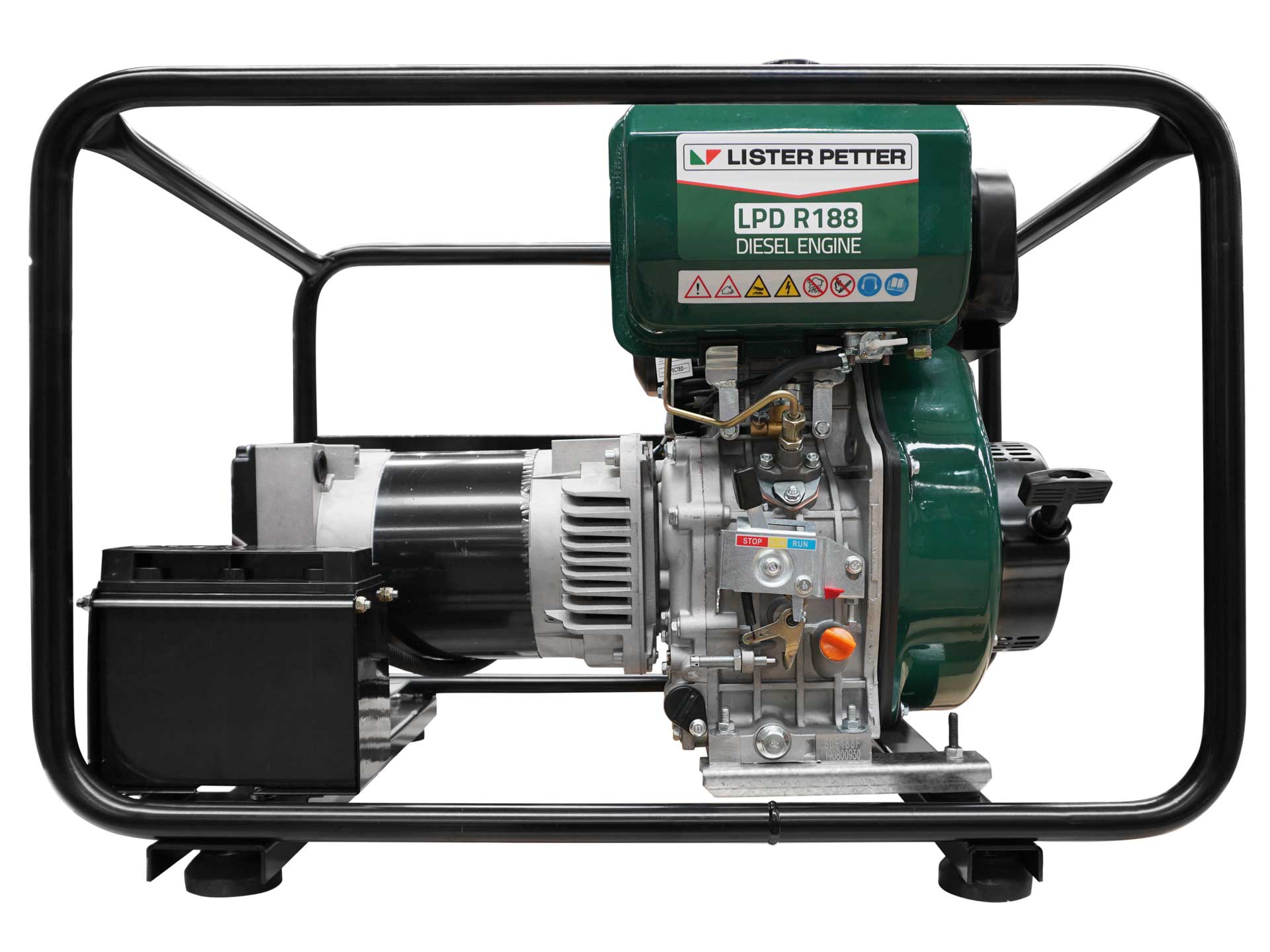Gas Generators in Nigeria: Efficient and Clean Power Solutions
As Nigeria continues to face challenges with consistent electricity supply, many businesses and households are turning to gas generators as a reliable alternative to traditional diesel or petrol generators. Gas generators offer a cleaner and often more cost-effective solution, making them increasingly popular across the country. This article explores the benefits of gas generators, their applications, and what to consider when purchasing one in Nigeria.
Why Choose a Gas Generator?
Gas generators operate using natural gas or liquefied petroleum gas (LPG), making them an environmentally friendly option compared to diesel or petrol generators. Here are some of the key advantages of using a gas generator:
1. Cost-Effective Operation
- Lower Fuel Costs: Natural gas is typically cheaper than diesel or petrol, leading to significant savings on fuel costs over time. This makes gas generators a more economical choice for long-term use.
- Efficient Fuel Usage: Gas generators are known for their fuel efficiency, meaning they can produce more power per unit of fuel compared to their diesel counterparts.
2. Environmental Benefits
- Lower Emissions: Gas generators produce fewer greenhouse gases and pollutants, such as carbon dioxide (CO2), nitrogen oxides (NOx), and particulate matter, making them a cleaner option for power generation.
- Reduced Noise Levels: Many gas generators operate more quietly than diesel generators, making them suitable for use in residential areas or noise-sensitive environments.
3. Reliability and Durability
- Longer Engine Life: Gas engines typically experience less wear and tear compared to diesel engines, resulting in a longer lifespan and reduced maintenance costs.
- Consistent Power Supply: Gas generators can provide a steady and reliable power supply, which is crucial for businesses and homes that require uninterrupted power.
4. Versatility
- Multiple Applications: Gas generators are versatile and can be used in a variety of settings, from residential homes and small businesses to large industrial operations.
- Fuel Flexibility: Some gas generators are dual-fuel, meaning they can run on both natural gas and LPG, providing flexibility depending on fuel availability and cost.
Popular Gas Generator Models in Nigeria
Here are some popular gas generator models available in Nigeria, each offering different power capacities and features to meet varying needs:
1. Cummins Gas Generators
- Model Example: Cummins C50 N6
- Power Output: 50 kVA
- Features: Known for their durability and reliability, Cummins gas generators are designed for both standby and prime power applications, offering efficient fuel usage and low emissions.
2. CAT Gas Generators
- Model Example: CAT G3512
- Power Output: 1000 kVA
- Features: CAT gas generators are built for large-scale industrial applications, providing high power output with advanced control systems for easy monitoring and management.
3. Generac Gas Generators
- Model Example: Generac Guardian Series
- Power Output: 22 kVA
- Features: Generac’s gas generators are popular for residential and small business use, offering automatic operation and reliable performance with low noise levels.
Factors to Consider When Buying a Gas Generator
When selecting a gas generator in Nigeria, consider the following factors to ensure you choose the right model for your needs:
1. Power Requirements
- Assess Your Needs: Determine the total power output you require by calculating the wattage of all the appliances and systems you intend to run on the generator.
- Future Growth: Consider potential future power needs and choose a generator with a capacity slightly higher than your current requirements.
2. Fuel Availability
- Natural Gas vs. LPG: Ensure that the fuel type your generator uses is readily available in your area. While natural gas is commonly available in urban areas, LPG can be a more accessible option in rural locations.
- Dual-Fuel Capability: If you anticipate variability in fuel availability, consider a dual-fuel generator that can run on both natural gas and LPG.
3. Initial and Operating Costs
- Upfront Cost: Gas generators can have a higher initial purchase price compared to diesel generators, so factor this into your budget.
- Maintenance Costs: Gas generators typically have lower maintenance costs over time due to their cleaner operation and reduced engine wear.
4. Environmental Impact
- Emission Levels: Choose a generator that meets local environmental regulations and has low emissions, especially if you are operating in an environmentally sensitive area.
Conclusion
Gas generators are becoming an increasingly popular choice in Nigeria due to their cost-effectiveness, environmental benefits, and reliable performance. Whether you need a generator for residential, commercial, or industrial use, gas generators offer a versatile and efficient solution.
At Wigmore Trading, we provide a wide range of gas generators to suit different needs and budgets. Our team of experts is ready to help you choose the best generator for your specific requirements.
Get in Touch:
Interested in purchasing a gas generator in Nigeria? Contact Wigmore Trading for expert advice and competitive pricing. Visit our website, email, or call us to explore our selection of gas generators and find the perfect match for your power needs.








Comments are closed.